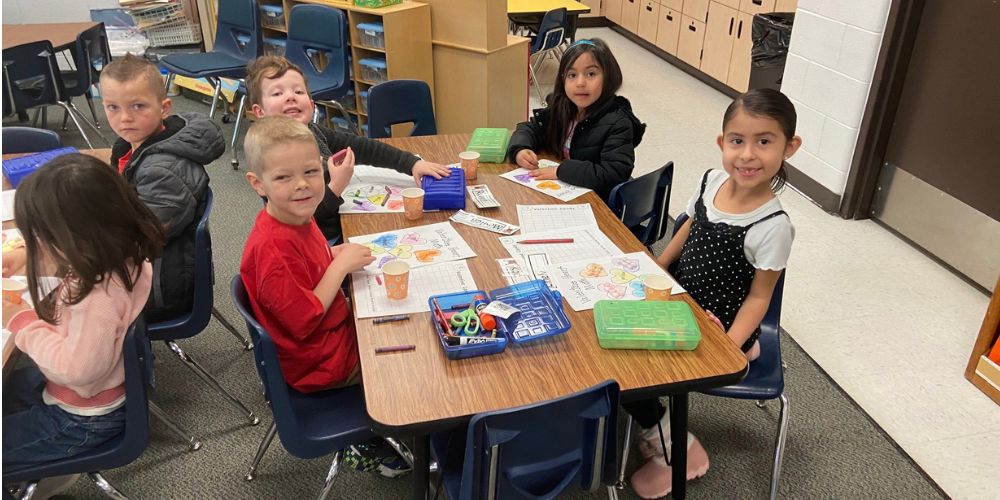Psych Tip of the Week – Nov 27th
Adverse Childhood Experiences
What are ACEs?
ACEs are adverse childhood experiences. While all of us experience adversity or difficult circumstances in life, ACEs are traumatic events that occur in childhood, ages 0-17 years.
The CDC classifies these experiences as including violence, abuse, or neglect; witnessing violence in the home; and having a family member attempt or die by suicide.
Also included are aspects of the child’s environment that can undermine their sense of safety, stability, and bonding such as growing up in a household with substance misuse, mental health problems, instability due to parental separation or divorce, or incarceration of a parent, sibling or other member of the household.
We can’t control everything that happens in our child’s life, nor the choices of people in their lives. How severe, how often and the type of adverse experience can affect the child’s response to trauma.
As educators, we can act with understanding towards a student’s behavior or responses when we consider the ACEs in their lives.
As parents, we can consider the six protective factors that studies have shown can lessen the negative impact of ACEs including:
- Strengthening economic support for families – having good work and income with supportive family policies decreases stress on the family, which leads to fewer traumatic events occurring within the family.
- Changing social norms to protect against violence and adversity – teach ourselves and our children to deal with emotions rather than resorting to violence. If we know violence or abuse is occurring, safely say or do what is needed to help the victim and stop abuse.
- Strong start for children – preschool enrichment with family involvement leads to better gains later in school. Affordable quality child care can ensure an environment that is meeting their needs.
- Enhancing parenting skills –classes on positive parenting practices, how healthy relationships work, and even safe dating practices could help avoid a lot of abuse and neglect of children.
- Intervening to lessen harms and prevent future risk – therapy to process trauma, treatment for substance abuse, and family-centered treatment to strengthen the whole family.
- Connect Youth to caring adults and activities– mentorship or after-school programs give children positive adult role models, increase connection to the community, improve engagement in school, and increase access to positive life experiences.
July 9th, 2025



